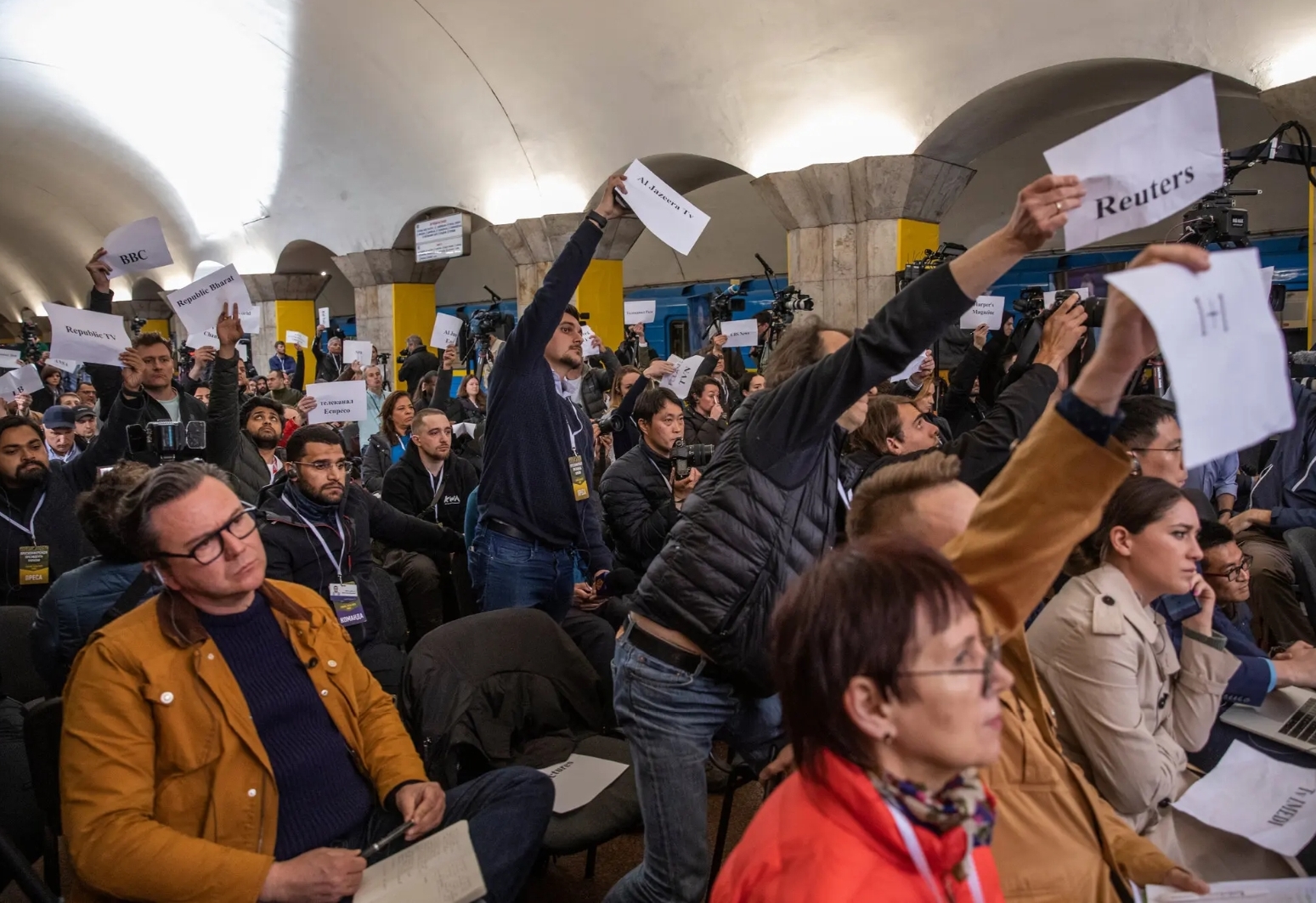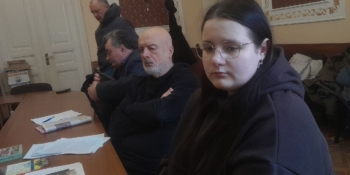Ukraine’s Parliament passed legislation this week that would significantly expand the government’s regulatory power over the media, a measure supporters say will help the country meet European Union criteria for membership but which Ukrainian journalists and international press freedom groups warn will threaten freedom of speech and of the press, – The New York Times
President Volodymyr Zelensky, whose administration has been repeatedly criticized for undermining press freedoms, must sign the bill for it to become law. He ordered the drafting of a law increasing media regulation in 2019 but has yet to signal whether he will sign the bill as it was approved by the Parliament.
If the measure becomes law, Ukraine’s state broadcasting regulator, the National Council of Television and Radio Broadcasting, will expand its authority to cover online and print media. The regulator will be given the power to fine media outlets, revoke their licenses, temporarily block certain online media without a court order, and request that social media platforms and search giants like Google remove content that violates the law, Ukrainian media has reported.
The measure was passed by the Ukrainian Parliament, or Verkhovna Rada, on Tuesday, along with a spate of other bills lawmakers say were intended to help the country meet the European Union’s legislative conditions for membership. The bills included measures to protect the rights of national minorities.
“We have opened the way to the start of negotiations on Ukraine’s full accession to the European Union, which can begin as early as the new year of 2023,” the Parliament’s deputy speaker, Olena Kondratyuk, said.
But Ukrainian journalists said the new media statute goes far beyond what the European Union requires and have accused the government of using the membership obligations as a pretext to seize greater control of the press.
Earlier versions of the media bill sparked domestic and international criticism as they moved through Parliament. In July, the general secretary of the European Federation of Journalists, Ricardo Gutiérrez, called the bill’s regulation “coercive” and “worthy of the worst authoritarian regimes.”
And the Committee to Protect Journalists, a nonprofit that champions press freedom around the world, called for Ukrainian lawmakers to drop the bill in September, saying it tightened “government control over information at a time when citizens need it the most.”
Changes to the draft law were made in closed-door parliamentary committee meetings, and a list of amendments to the 959-page text was posted publicly just a day before Tuesday’s vote, the National Union of Journalists of Ukraine said.
The union warned in a statement before the latest parliamentary vote that the bill would help erode the freedoms that “distinguish the social system of Ukraine from the regime of dictatorial Russia.” On Wednesday, the union said that it hoped Mr. Zelensky would return the bill to the Parliament for reconsideration.
The deputy chair of the Parliament’s information policy committee, Yevheniia Kravchuk, countered the charge that supporters had used E.U. requirements as cover for an attempt to rein in press freedoms, arguing that sweeping changes to Ukraine’s media legislation were overdue.
“Of course, this bill is even broader than the E.U. directive, because we needed to change and modernize our media legislation, which has not been changed for 16 years,” she said in a statement after the bill was adopted. “It was adopted back when there was no internet at all.”
























